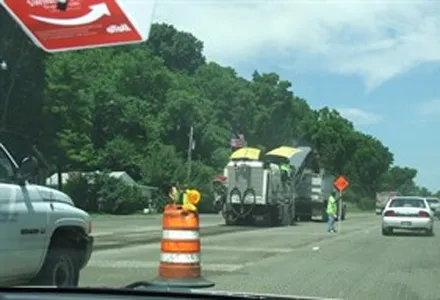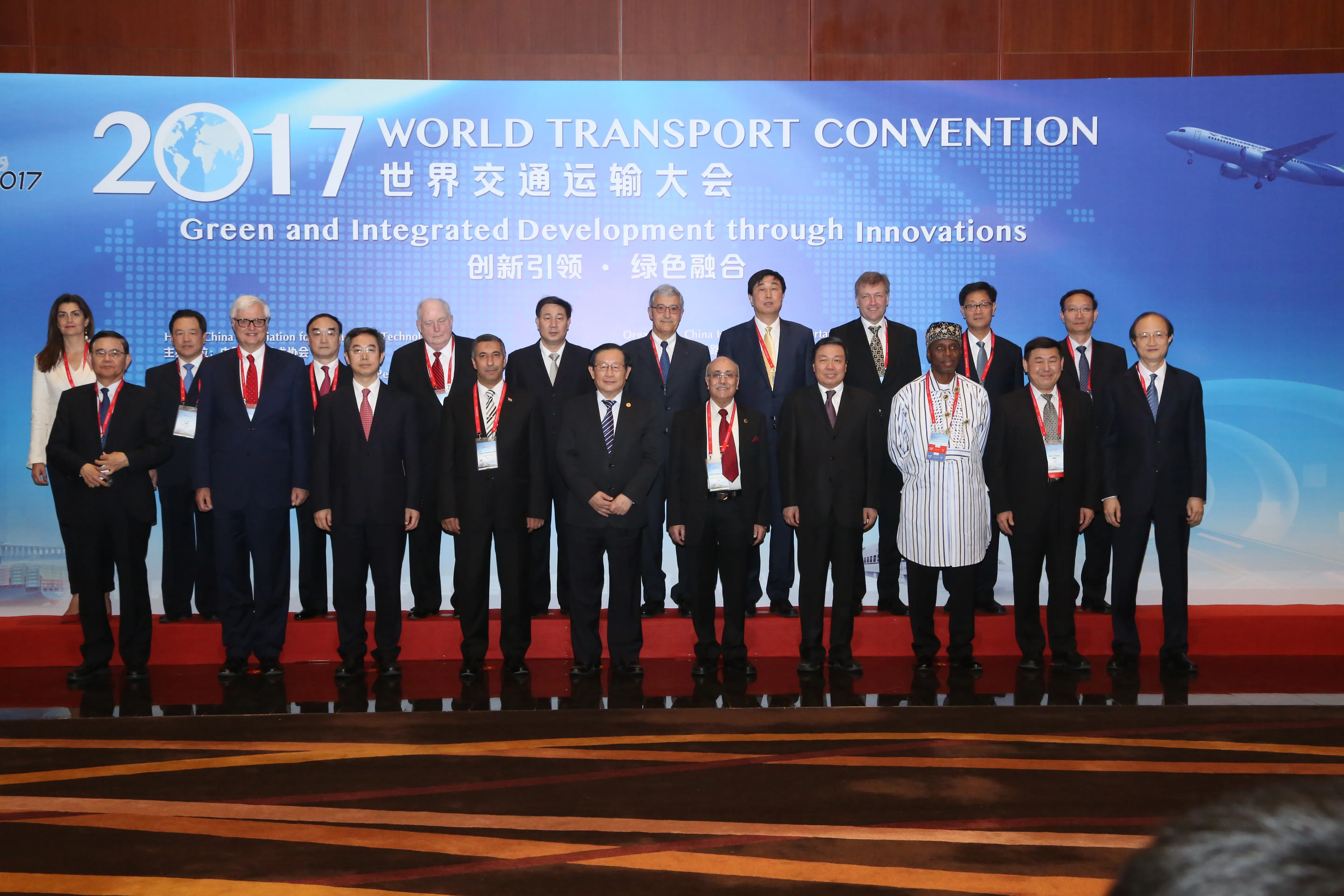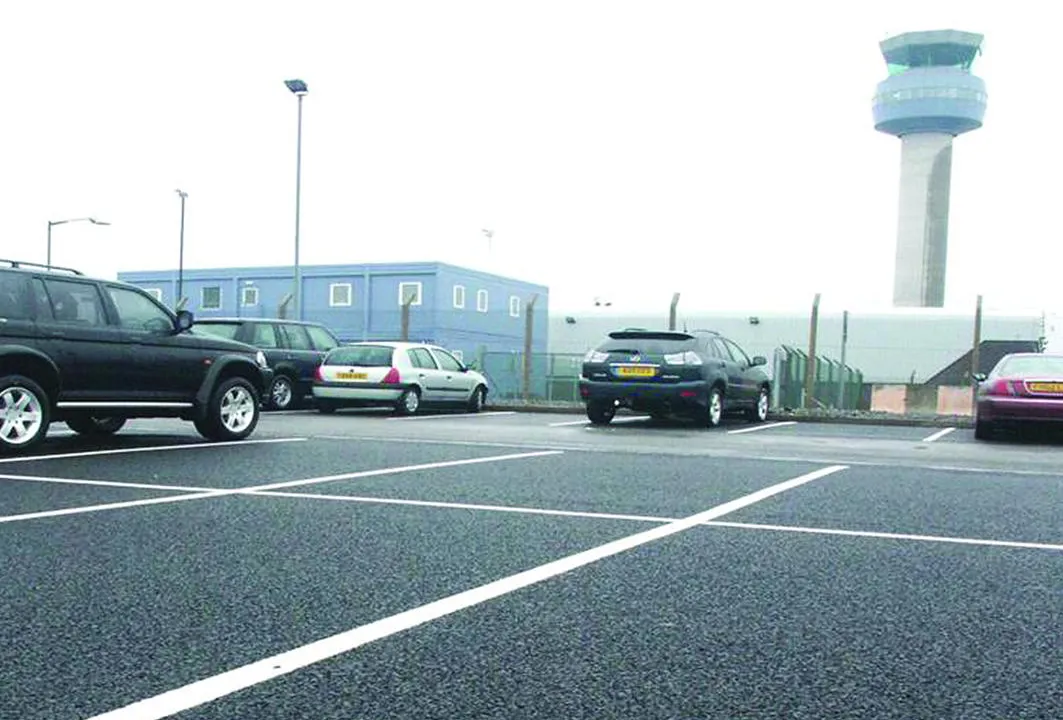The British government’s decision to cut back hard on its highways maintenance spending plans will severely degrade the quality of local roads across the UK and risk driving up the long-term costs for the country’s hard-pressed local authorities, the National Audit Office has warned in a new report out this month entitled “Funding for local transport.” The NAO has also told the UK’s ministers that they must be much clearer about who they think should take forward the decision-making process once the devolut
November 2, 2012
Read time: 2 mins
The British government’s decision to cut back hard on its highways maintenance spending plans will severely degrade the quality of local roads across the UK and risk driving up the long-term costs for the country’s hard-pressed local authorities, the 5285 National Audit Office has warned in a new report out this month entitled “Funding for local transport.”
The NAO has also told the UK’s ministers that they must be much clearer about who they think should take forward the decision-making process once the devolution of local major transport schemes has taken place.
The auditors are worried about how the5432 Department for Transport (DfT) will ensure that the UK’s new local transport bodies – which will be made up of Local Enterprise Partnerships and councils – are going to be able to meet minimum standards. The DfT has also been urged to clarify how local transport data can be brought together to judge value for money.
Amyas Morse, head of the National Audit Office, says “as the Department for Transport devolves more funding to a local level, it needs to make sure it has the appropriate assurance over the spending. It also needs a clear plan of action establishing how it will identify and intervene in cases of operational or financial failure in transport provision.”
The DfT has welcomed the NAO report, saying “we agree that in taking forward decentralisation it is important to ensure there is appropriate transparency and accountability at the right levels, to drive value for money. For example, we are applying these principles in developing the detailed assurance framework for devolution of local major transport schemes.”
The NAO has also told the UK’s ministers that they must be much clearer about who they think should take forward the decision-making process once the devolution of local major transport schemes has taken place.
The auditors are worried about how the
Amyas Morse, head of the National Audit Office, says “as the Department for Transport devolves more funding to a local level, it needs to make sure it has the appropriate assurance over the spending. It also needs a clear plan of action establishing how it will identify and intervene in cases of operational or financial failure in transport provision.”
The DfT has welcomed the NAO report, saying “we agree that in taking forward decentralisation it is important to ensure there is appropriate transparency and accountability at the right levels, to drive value for money. For example, we are applying these principles in developing the detailed assurance framework for devolution of local major transport schemes.”









